The 2006 Jeep Grand Cherokee is a popular vehicle. It is known for its power and style. But sometimes, owners see a “Transmission Over Temp” warning. This can be worrying. Let’s understand what it means.
What Does “Transmission Over Temp” Mean?
This warning is about heat. It means the transmission is too hot. The transmission is a key part of your car. It helps move power from the engine to the wheels. When it gets too hot, there can be problems.
Why Is Transmission Heat a Problem?
Heat can damage the transmission. It can lead to expensive repairs. The oil inside the transmission cools and lubricates. If it gets too hot, it breaks down. This can cause parts to wear out faster.
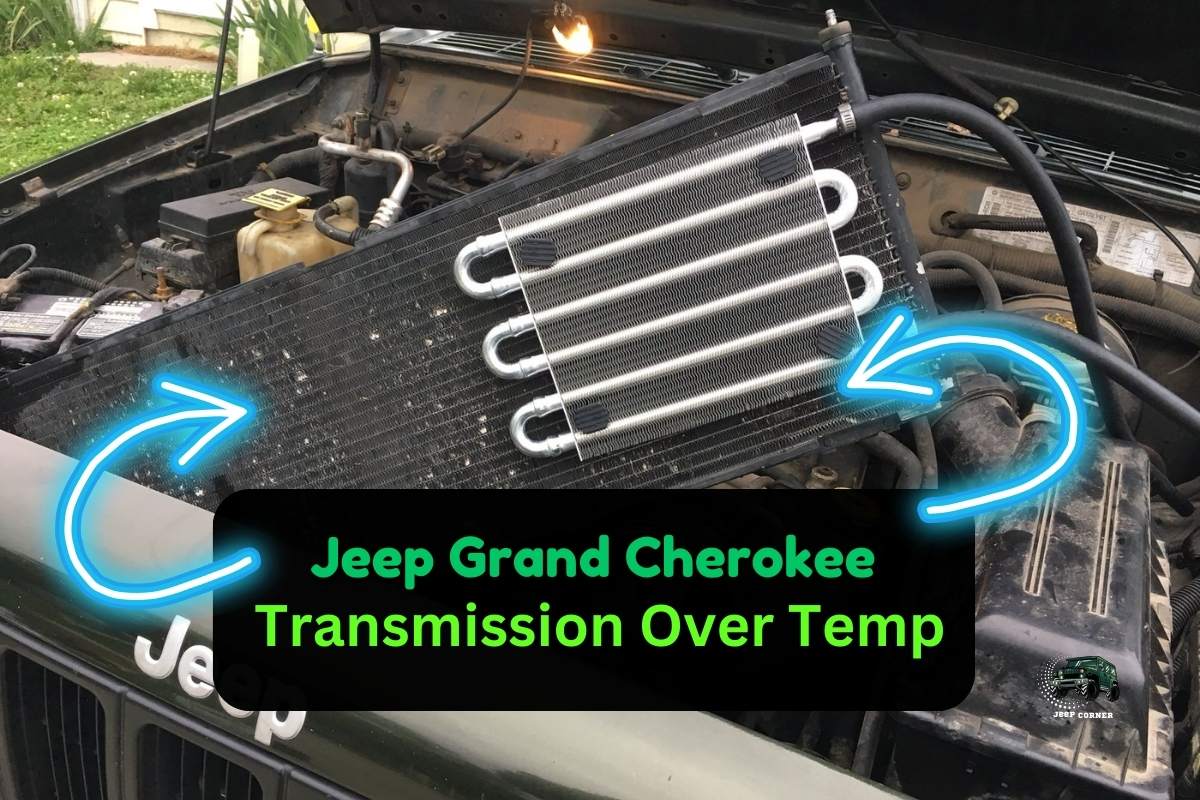
Credit: jeepcorner.com
Causes of Transmission Over Temp
There are several reasons for this warning. Let’s look at some common causes:
- Heavy Towing: Pulling heavy loads can heat the transmission.
- Hot Weather: Driving in very hot weather can cause overheating.
- Low Transmission Fluid: If there’s not enough fluid, it can’t cool properly.
- Old Transmission Fluid: Old fluid can become dirty and less effective.
- Clogged Transmission Cooler: This part helps cool the transmission. If clogged, it can’t do its job.
Steps to Take When You See the Warning
Seeing this warning can be stressful. But don’t worry. Here’s what you can do:
- Pull Over Safely: Stop the car as soon as you can.
- Turn Off the Engine: Let the car cool down.
- Check the Fluid: Make sure the transmission fluid is at the right level.
- Look for Leaks: Check under the car for any fluid leaks.
Once the car cools, you can drive again. But go to a mechanic soon. They can check for deeper problems.
How to Prevent Transmission Over Temp
Prevention is better than repair. Here are some tips to keep your transmission cool:
- Regular Maintenance: Check your car regularly. Change the transmission fluid as needed.
- Install a Cooler: Adding an extra cooler can help keep temperatures low.
- Be Aware of Towing Limits: Know how much your Jeep can tow safely.
- Drive Smart: Avoid heavy acceleration and braking.
- Watch the Weather: On very hot days, take breaks to let the car cool.
Understanding Transmission Fluid
Transmission fluid is like the blood of the transmission. It cools, lubricates, and helps with gear shifts. Keeping it clean and at the right level is vital.
Checking Transmission Fluid
Here’s how to check the fluid:
- Park the car on a level surface.
- Turn off the engine and let it cool.
- Find the transmission dipstick. It looks like an oil dipstick.
- Pull it out and wipe it clean.
- Put it back in and pull it out again.
- Check the level. It should be between the marks.
If it’s low, add the right type of fluid. Always use the fluid recommended by Jeep.

Credit: www.youtube.com
Signs of Transmission Problems
Watch for these signs that your transmission might need help:
- Strange Noises: Grinding or whining sounds can mean trouble.
- Slipping Gears: If the car shifts out of gear, something is wrong.
- Delayed Shifts: If the car hesitates to shift, get it checked.
- Fluid Leaks: Red fluid under the car can mean a leak.
If you notice these signs, see a mechanic soon. Early action can save money and trouble.
Frequently Asked Questions
What Does “transmission Over Temp” Mean In A Jeep?
It indicates your transmission is overheating. Stop driving to prevent damage.
How Can I Fix The Transmission Overheating Issue?
Check fluid levels. Add or replace if low or old. Seek mechanic help if needed.
Why Does My 2006 Jeep Grand Cherokee Overheat?
Possible causes include low fluid, blocked cooler, or a faulty thermostat. Get it checked.
How Often Should I Check Transmission Fluid?
Check every month or every 3,000 miles. Keeps your transmission healthy.
Conclusion
The “Transmission Over Temp” warning can seem scary. But understanding the causes helps. Regular maintenance keeps your Jeep running well. Always check your transmission fluid. Be smart about towing and driving in hot weather. If you see the warning, act quickly. Your 2006 Jeep Grand Cherokee is a great car. Take care of it, and it will take care of you.

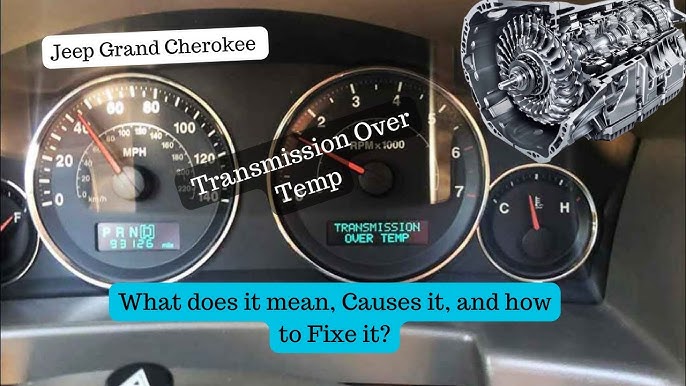
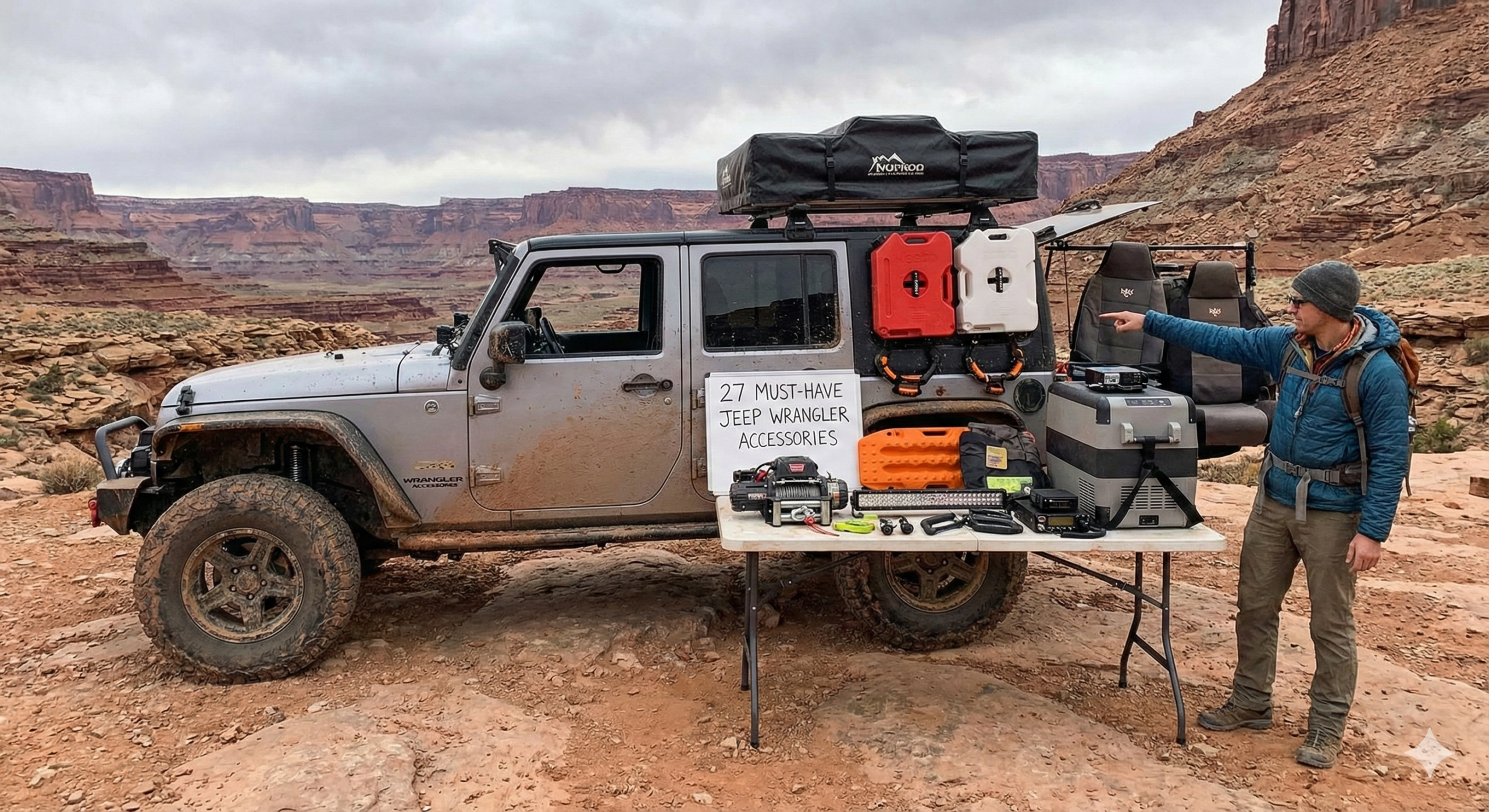
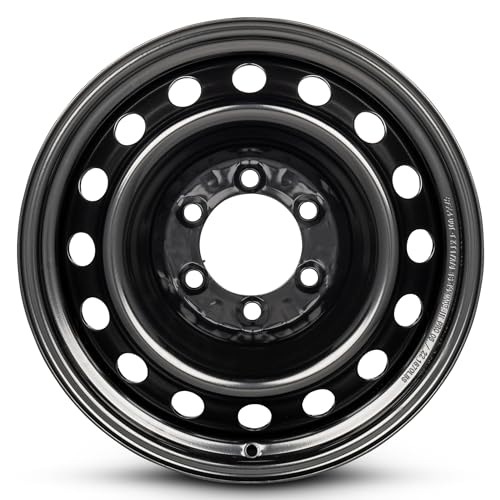
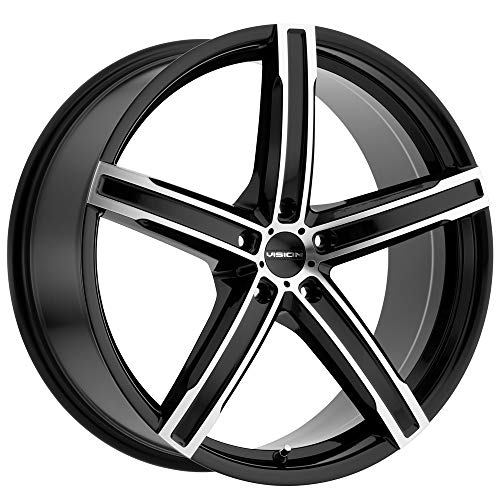
Leave a Reply